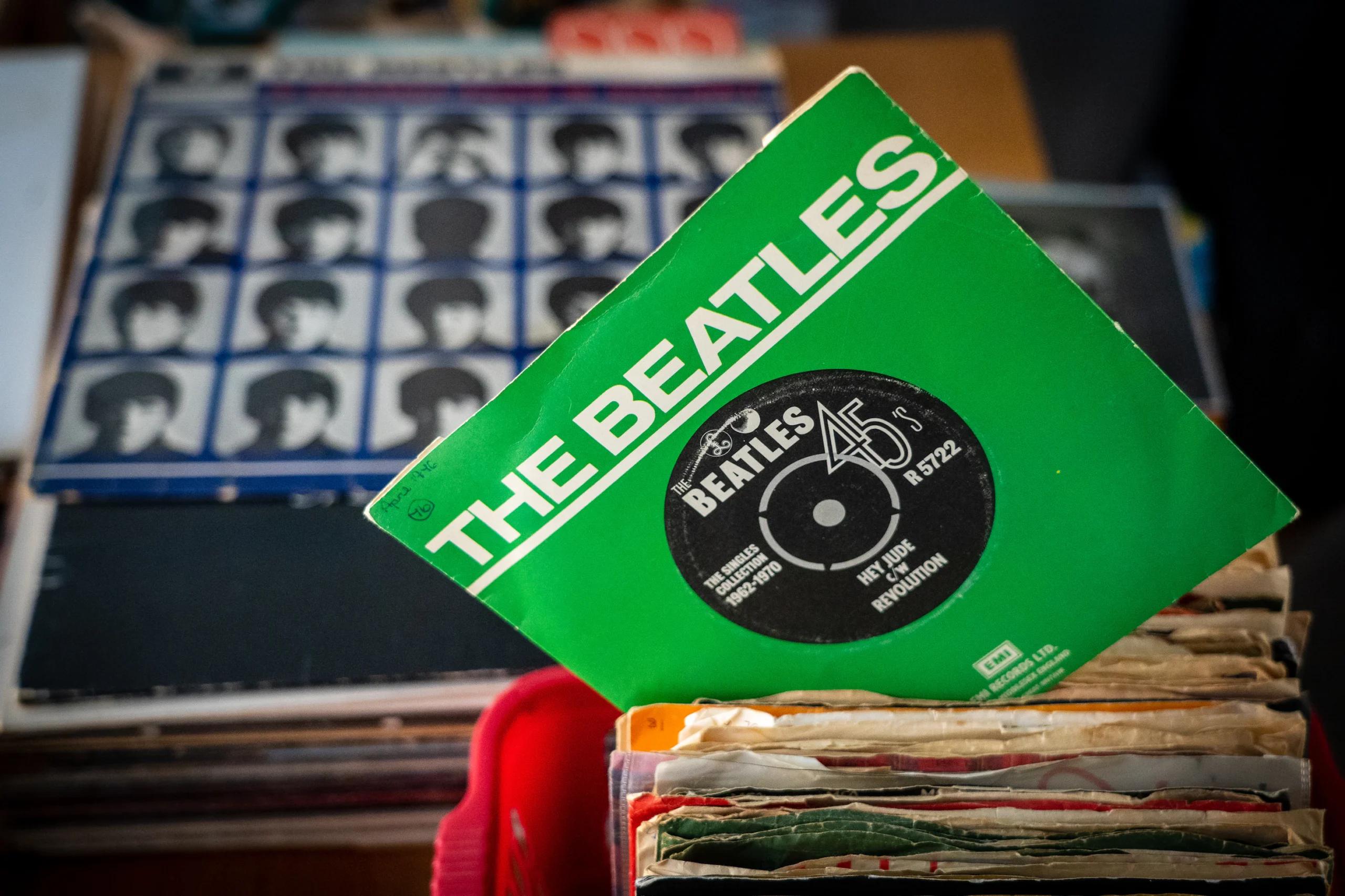A closely watched copyright case has reached a fairly uneventful conclusion. In June, Paul McCartney and Sony/ATV opted to settle over song rights for The Beatles catalogue. Back in January, McCartney sued Sony/ATV, seeking a declaratory judgment on whether he would be able to regain his copyright ownership share to the music he helped create.
Specifically, McCartney wanted to know whether the termination notices he served to Sony/ATV were valid, whether he would have copyright ownership on the termination dates, and whether the termination notices would result in Sony/ATV having a breach of contract claim against him.
Here’s some background from our coverage of the case earlier this year. McCartney and late Beatles member John Lennon composed The Beatles songs at issue from September 1962 to June 1971. They also assigned the copyrights to several different music publishers. Sony ultimately acquired copyright interest in the music through various transfers. The songs were covered under the 1909 Copyright Act, which gives a copyright term of twenty-eight years and a renewal for another twenty-eight years. The Copyright Act of 1976 extended the term for works created before January 1st, 1978 by nineteen years, which granted a total of seventy-five possible years of protection from the original date of the copyright. The Copyright Term Extension Act of 1998 added another twenty years, for a total of ninety-five years from the date of the copyright. Congress wanted to protect authors who had transferred their rights before January 1st, 1978, and Section 304(c) of the Act allows for termination of transfer rights under certain conditions, including “at any time during a period of five years beginning at the end of the fifty-six years from the date copyright was originally secured.” The law also says “termination of the grant may be effected notwithstanding any agreement to the contrary.”
McCartney began serving Sony/ATV with termination notices in 2008, and Sony/ATV never made any attempt to contest the notices. However, Sony had filed a suit against Duran Duran in the United Kingdom when that band attempted to terminate Sony/ATV’s rights in their music from the 1980s. The court ruled in Sony/ATV’s favor and McCartney believed the company would eventually try to use the ruling against him.

Where creative minds come together
According to The Hollywood Reporter, McCartney’s lawyer Michael Jacobs issued a letter to U.S. District Judge Edgardo Ramos saying, “The parties have resolved this matter by entering into a confidential settlement agreement and jointly request that the Court enter the enclosed proposed order dismissing the above-referenced action without prejudice.”
There are no other details of the settlement available, but the court order specifies that the New York federal court will “enforce the terms of the parties’ Settlement Agreement, should a dispute arise.”
For more information on copyright transfers, please contact The Fried Firm.


